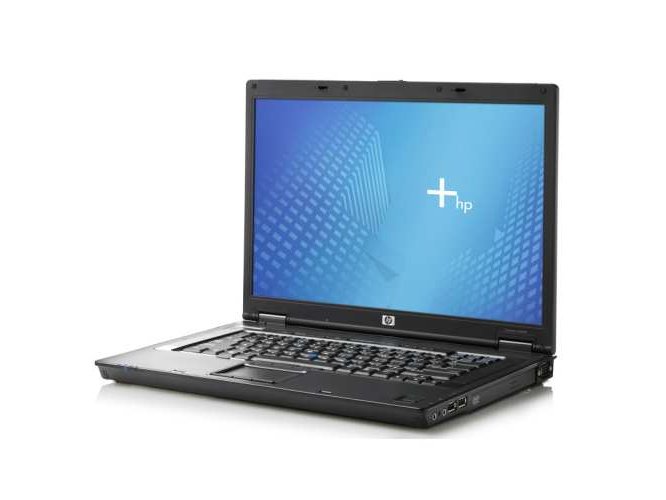Sony and HP ditch Intel's Turbo Memory
Intel speaks out over Vista compatibility concerns

Intel 's Turbo Memory will not appear in notebooks from leading brands HP and Sony . Both companies have rejected the flash memory technology thanks to concerns over compatibility with Microsoft's Windows Vista operating system.
Introduced with the latest Santa Rosa revision of the Centrino mobile platform, Turbo Memory is an embedded flash memory module designed to improve laptop PC performance. Known previously under the Robson codename, it leverages the enhanced memory management features in Windows Vista, namely ReadyBoost and ReadyDrive.
By using flash memory to increase system memory availability, ReadyBoost and ReadyDrive reduce the latency and performance loss associated with hard disk access requests.
Speaking to ZDNet , an HP representative said a decision had been made not to include Turbo Memory in the company's first generation Santa Rosa notebooks. According to HP, the problem involves limitations in the current implementation of ReadyBoost and ReadyDrive.
Part of the problem involves the way Vista partitions available flash memory. The first iterations of Turbo Memory are typically 1GB in size. Vista then divides this into two 512MB pools, one each for ReadyDrive and ReadyBoost.
Consequently, HP says its internal testing has demonstrated that 1GB of Turbo Memory does not deliver any additional performance benefit over using a conventional 512MB flash memory card. However, HP estimates the cost of implementing 1GB of Turbo Memory is five times that of a typical 512MB memory card.
Pick a card
"A customer can have more flexibility with an SD card or USB key because they can choose for themselves [when to add it and] pick the price point at which they want to add that technology. We're not forcing them into paying X and being locked into 512MB," an HP representative told ZDNet.
Sign up for breaking news, reviews, opinion, top tech deals, and more.
As for Sony, the Japanese technology giant has gone a step further, claiming the first release of Windows Vista does not support Turbo Memory.
"The issue is that the OS needs to learn what to load into the Robson memory in order to increase performance. There is no customer benefit right now [so] we decided not to integrate Robson and H-DD in the summer line-up [of new notebooks]," Sony said.
Sony also indicated that Turbo Memory's requirement for an additional Mini PCI slot was a further impediment. The engineering work needed to redesign notebook motherboard layouts to support Turbo Memory simply isn't economical until a Vista service packs improved support at the operating system level.
Sony and HP expect an upcoming service pack for Windows Vista to address the problems. But what does Intel have to say on the subject? Speaking to Tech.co.uk, Intel's Al Kemp flatly denied that Vista lacks support for Turbo Memory. "In fact, Turbo Memory is the only technology that can benefit from both ReadyBoost and Readydrive. The support is there in Vista," Kemp said.
He also pointed out that Turbo Memory has in inherent latency advantage over conventional memory cards thanks to its PCI Express interface. However, he did concede that the benefits of Turbo Memory were dependent on usage patterns.
Moreover, with the likes of Dell, Asus, Acer, Toshiba and others all offering notebooks with Turbo Memory technology, there is no clear consensus.
Here at Tech.co.uk, we've taken one of the very first Turbo Memory-enabled laptops for a spin. At best, the results were inconclusive. ReadyDrive and ReadyBoost are so-called learning technologies that track and adjust to usage patterns. For now, it's awfully hard to be sure exactly how well they jive with Turbo Memory or how much benefit they deliver.
Jeremy Laird
Tech.co.uk was the former name of TechRadar.com. Its staff were at the forefront of the digital publishing revolution, and spearheaded the move to bring consumer technology journalism to its natural home – online. Many of the current TechRadar staff started life a Tech.co.uk staff writer, covering everything from the emerging smartphone market to the evolving market of personal computers. Think of it as the building blocks of the TechRadar you love today.